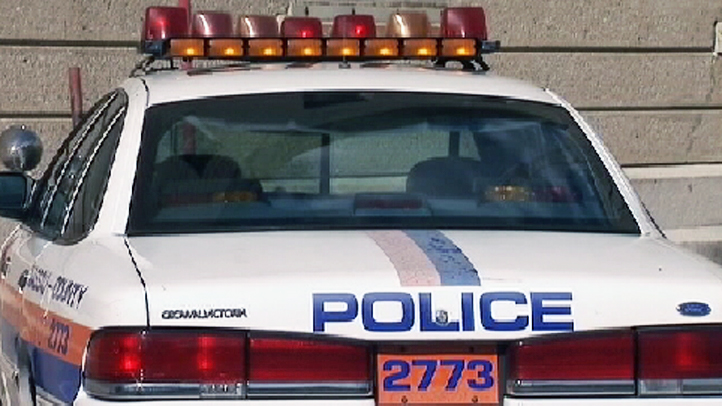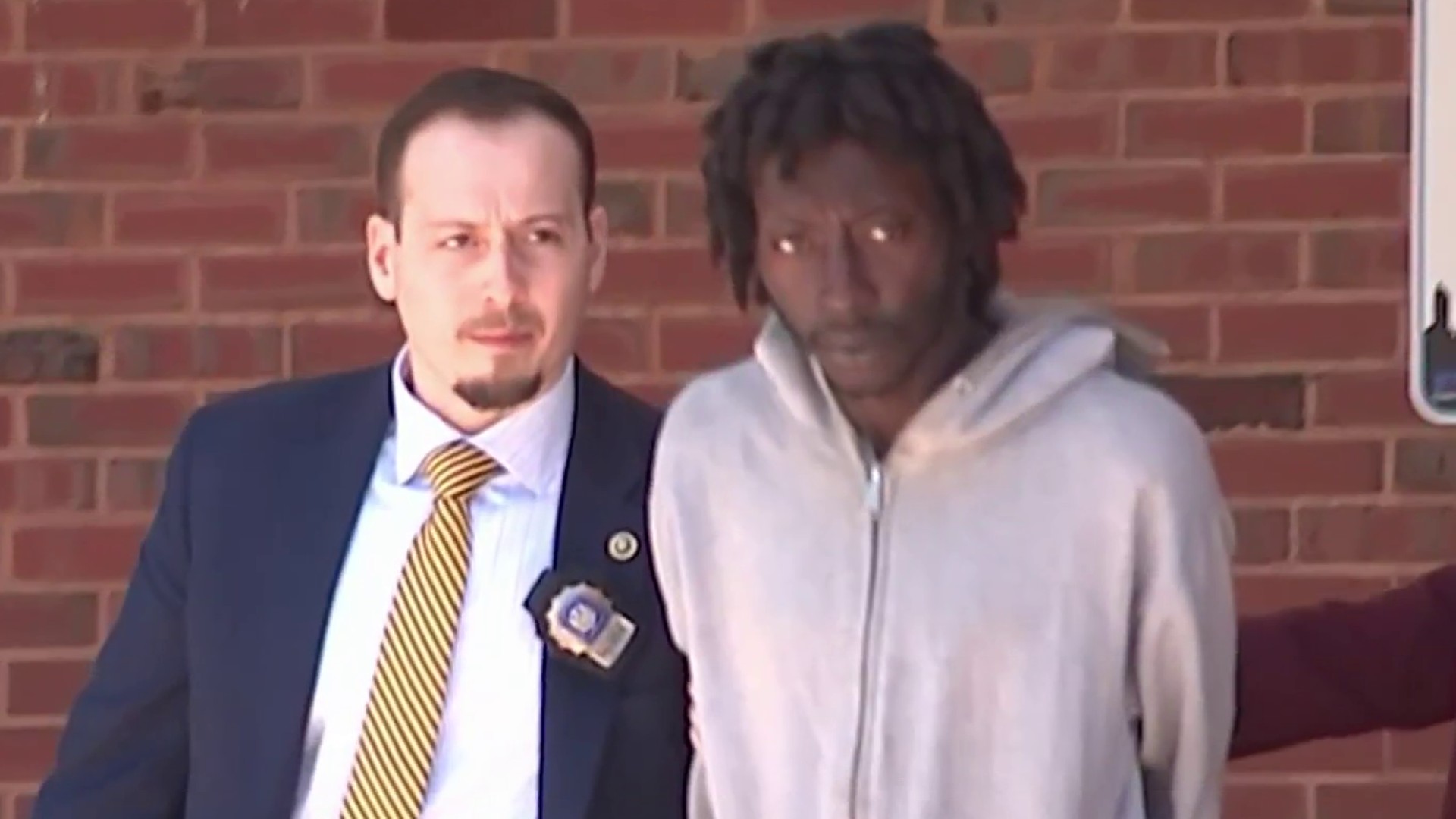NBCNewYork does not know Chang but we saw his photo, found its Geotag, and within minutes pinpointed where he was even though his tweet said nothing about his location.
"I didn't know how accurate it is. It's pretty startling to hear," said Chang when we confronted him and told him how we did it. Chang, who also runs the food blog AppetiteforGood.com, had no idea he could be tracked after sending a cell phone pic and posting on a social media site.
All cell phones made after 2005 are required by law to have GPS technology. Geotags are a GPS stamp that smartphones like the Blackberry and IPhone encode on photos taken by the device.
"It's usually latitude and longitude coordinates that can be used to be put into a mapping program to show exactly where you are," said Lieutenant Dennis L from the New York Police Department’s Computer Crimes Squad. One of the biggest and first cyber investigative units in the country
Lt. Lane says tracking Geotags can be used for any crime from stalking to burglary.
"If you for instance take a photo of your flat screen and you want to share it with your friends you may have inadvertently given away your street address, then you mention in a another post that you're leaving town on Thursday. The next thing you know someone knows where you live that you're not home and that you have expensive property,” says Lt Lane.
In New Hampshire police busted a burglary ring that used social media to find out when their victims weren't home.
Consumer reports found 52 percent of people using social media post information that increases their risk of becoming a victim of a cyber crime.
Local
We found out about Geotags through the website IcansStalkU.com. They monitor social media and let people know when their photos are giving away their locations.
"When you start to look at someone's Geotags over a period of time. A couple of weeks or a couple of months a certain pattern starts to emerge. You can start to tell where people live and where they work," says Ben Jackson who is an information security specialist.
He developed the website along with his partner Larry Pesce. They wanted to let people know they were inadvertently letting the World Wide Web know their exact location by posting photos from cell phones. The frightening part of the whole thing is Jackson claims the technology is not that advanced.
"I could train a grade-schooler to do it," says Jackson
NBCNewYork decided to put Jackson and his website to the test. We took a cell phone photo at 50th street between 6th and 7th Avenue in Manhattan. We then posted the photo on Twitter to see if Jackson could find us and how much time it would take.
From the moment we took the photo and it popped up on IcanStalkU.com all it took was fifteen minutes for Jackson to close in on us. At the 20-minute mark we watched him walk right up to us.
"It was leaning more towards the other side of the building so I went to 51st looped around just started circling outward took two lefts and there we were," said Jackson
Impressive, considering he tracked us in Midtown Manhattan, skyscraper central. In the suburbs Geotags are even more exact.
However there is a way to prevent being tracked with Geotags. By changing settings on your phone you can disable the function. IcanStalkU.com has a list of directions for various smartphones showing users step by step how to stop Geotagging.
A Twitter spokesperson tells NBCNewYork that tweets are only Geotagged if a user chooses to opt-in use of the feature. Twitter does not host photos, but users can post photos to the site using a separate photo-hosting site.
Jackson tells NBCNewYork that Facebook has added security settings so users photos cannot be Geotagged.
Remember if you use social media and keep strict security settings, you are not completely protected.
"One of those friends could share the information themselves they could cut and paste it put it on another application so you really have no control over the information,” says Lt. Lane.



